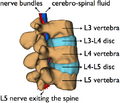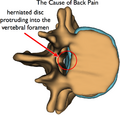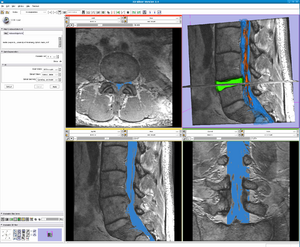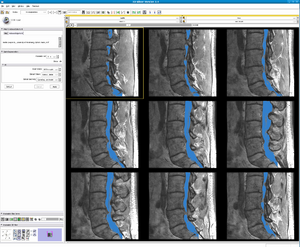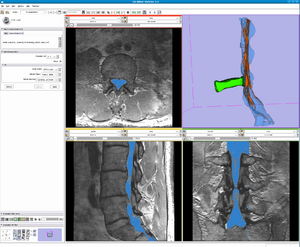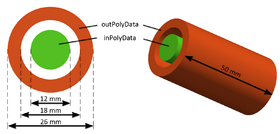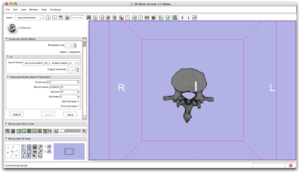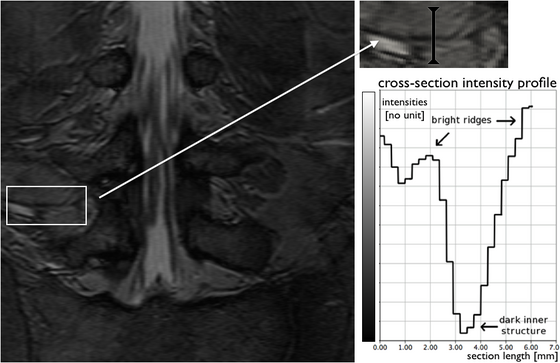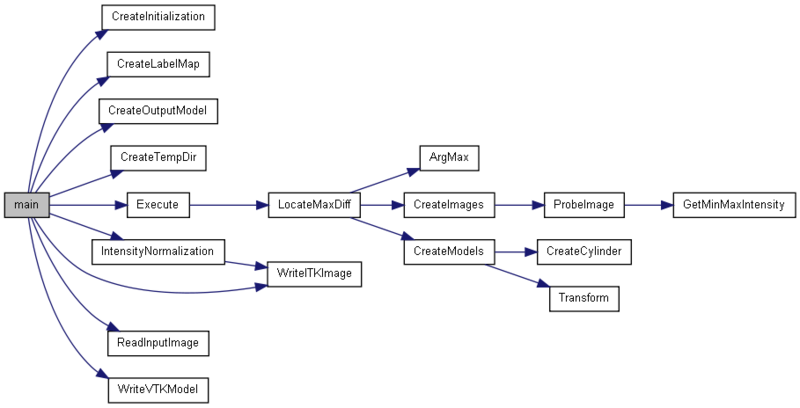2010 Winter Project Week Spine Segmentation Module in Slicer3
Our 3DSlicer module provides an automated segmentation of the spine in view of the treatment of disc herniation. (video)
Our 3DSlicer module for automated segmentation was presented at the NA-MIC Project Week in Salt Lake City, Jan 2010.
Key Investigators
- Sylvain Jaume (MIT)
- Martin Löpprich (University of Heidelberg)
- Ron Kikinis, Steve Pieper (BWH)
- Polina Golland (MIT), Ehud Schmidt (BWH)
Objective
We are developing a Slicer module to segment the region within the thecal sac in MRI images of the spine. Our objective is to provide a segmentation and visualization tool to improve the treatment of disc herniation. The structures of interests are the cerebro-spinal fluid (CSF), the discs, the vertebrae and the spinal nerves.
Approach, Plan
Our plan for the project week is to integrate our code into Slicer 3.5. Our code analyzes the intensity profile of different regions in the MRI and automatically defines the optimum region for the CSF.
Progress
The algorithm has been implemented in Slicer 3.5 as an extension module. This volumetric pattern recognition algorithm is fully implemented as a Slicer module using ITK and VTK. The module has been tested on data sets acquired at Brigham and Women's Hospital.
Illustrations
The cause of back pain is the pressure of the herniated disc onto the spinal nerves. The herniated disc pushes the canal for the cerebro-spinal fluid (CSF). The resulting pressure on the nerve bundles can cause severe discomfort and even permanent disability if not treated.
The CSF has a double role: it acts as a lubricant between the vertebrae and as a mechanical insulation to protect the nerves from outside shocks. The main challenge is to perform the segmentation in a fully automated way.
References
- Segmentation using Slicer 3.5, EMSegment module

